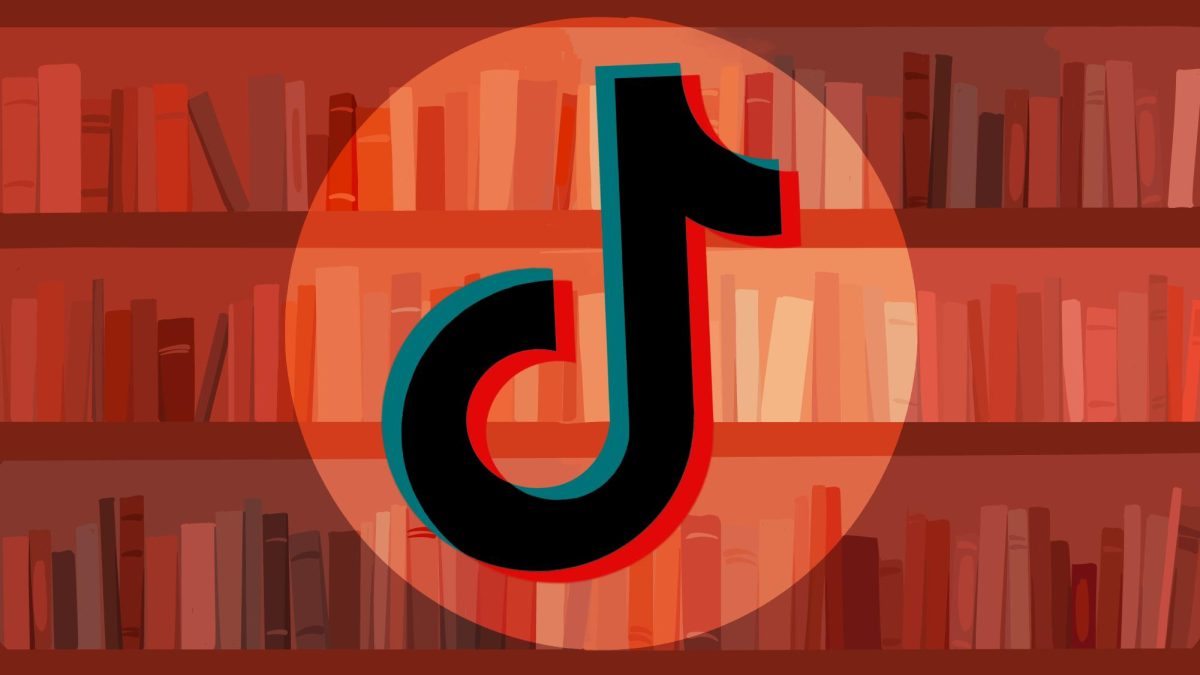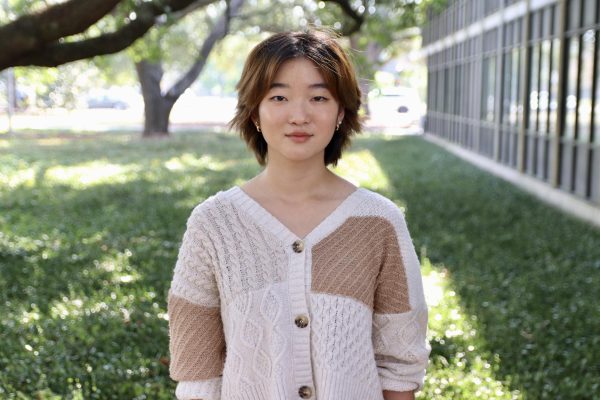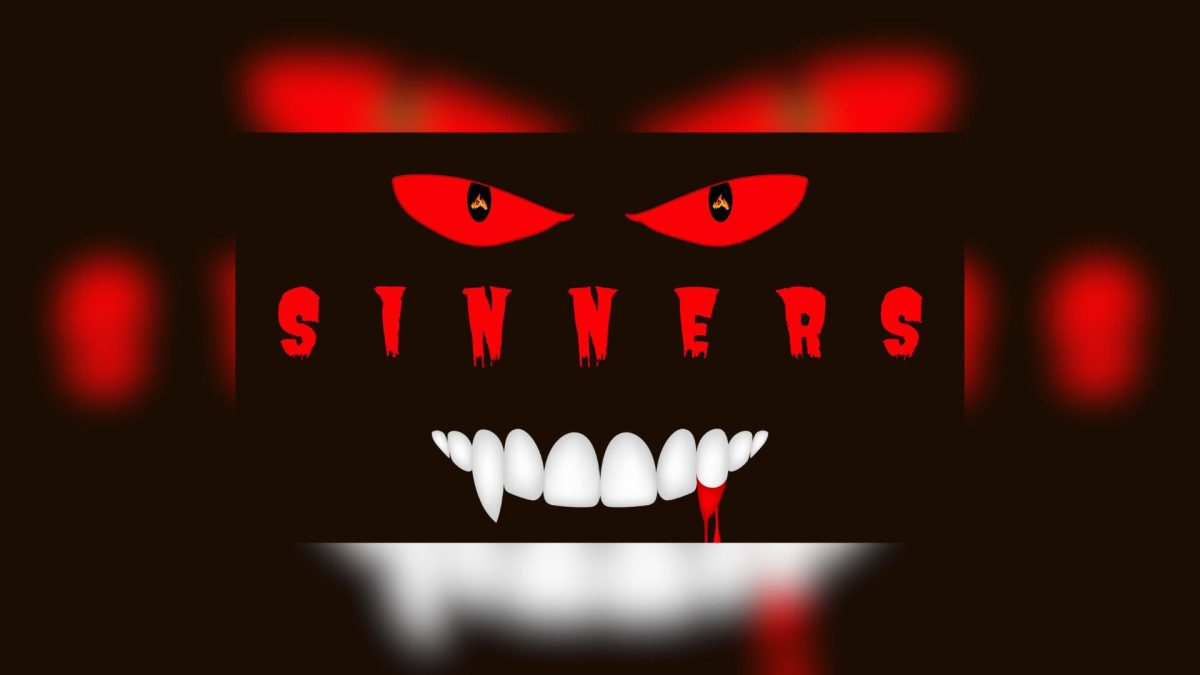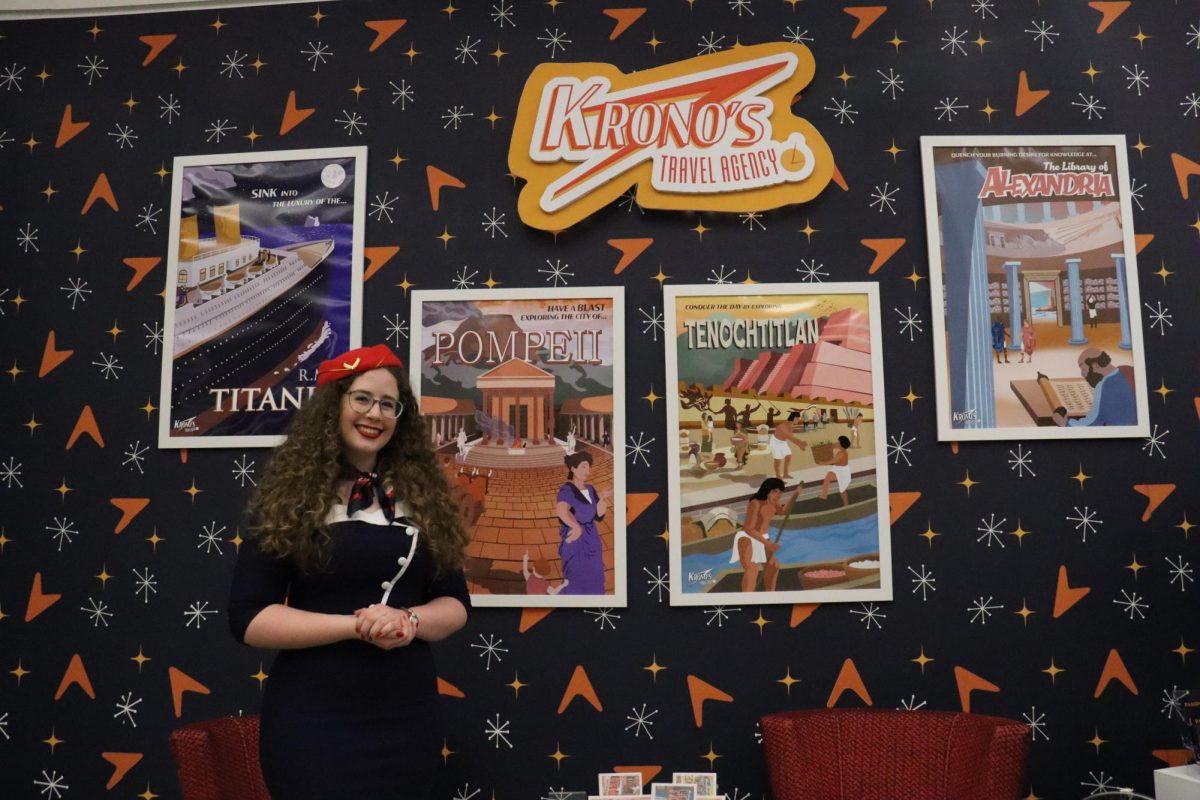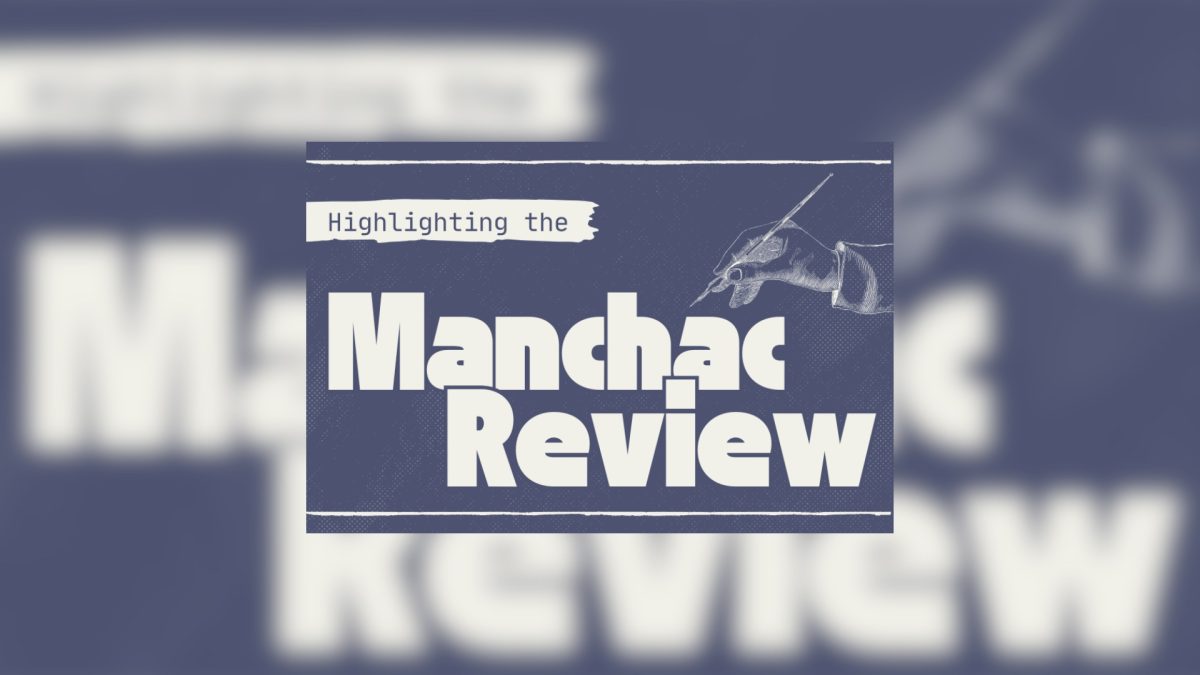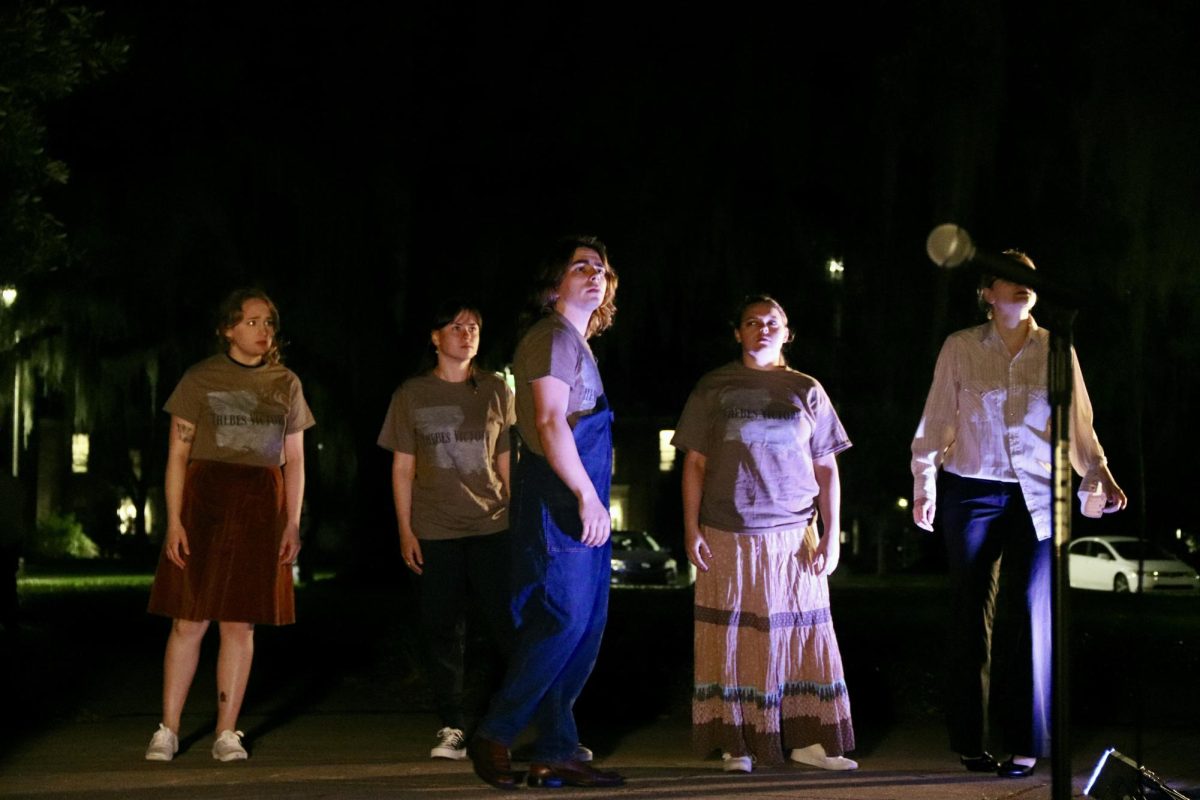If you have been in a bookstore lately, you might’ve come across a display table including books “seen on BookTok.” This is not a new genre of literature, but instead, a particular set of books made popular by the app TikTok.
TikTok has been a hive for content since its initial release in 2016, with constant subcommunities developing around specific interests. One of the most well-known and raved-about subcommunities is BookTok.
Taking off in 2020 during the COVID-19 lockdowns, BookTok is populated predominantly with young women and is a way for users who create content surrounding books, authors and literature to connect.
BookTok is a massive subcommunity, spanning 19 million posts and 126 billion views and counting. It increased in popularity thanks to users sharing their book recommendations and reviews.
Trends on BookTok include silent reviews, recommendations to specific audiences and book hauls, with certain creators contributing significantly to its sustained popularity. @Aymansbooks is one of the biggest creators with 900 thousand followers and 138 million likes overall.
There has been considerable discussion about the impact of BookTok on the publishing industry and people’s reading habits because of its massive following.
Reddit users are claiming BookTok lacks diversity, with the creators all endorsing the same genre of novel. Young adult fantasy, fiction and romance are the dominant genres recommended to users in the subcommunity.
The Harvard Crimson said, “With the proliferation of these books on TikTok, younger and younger audiences are gaining access to potentially explicit content. Publishing companies further contribute to this access by marketing these novels, those of [Sarah J. Maas] and other authors, as young adult.”
Elyanna Bell, a sophomore student worker in the Sims Memorial Library, said, “I believe Booktok has shown another light to reading and how it’s perceived now. However, there are major downsides. Books with sex content are in higher demand and it leads younger audiences to pick up these specific books.”
Along with the worry of a younger audience being possibly exposed to inappropriate content on BookTok, there is an extreme lack of diversity in the popular authors’ works.
Authors such as Maas, Colleen Hoover, Leigh Bardugo and Penelope Douglas are all BookTok moguls whose stories center around white characters and narrators.
According to New York Magazine’s The Cut, “These conversations have been bubbling on social media since the #PublishingPaidMe hashtag took off on Twitter in 2020, with a New York Times report concluding that a mere 11 percent of books published in 2018 were by authors of color and that 85 percent of people who acquired and edited books were white.”
BookTok’s algorithm is resulting in growing, sustainable support for well-known white authors and an automatic bias and exclusion of authors of color.
While BookTok has its fair share of controversies, it has brought a great deal of Millennials and Gen Z back into libraries and bookstores. BookTok’s influence contributed to selling 20 million books in 2021, which was 2.4% of the total book sales that year.
The widely popular bookstore, Barnes & Noble, was steadily losing revenue and traction among the public over the last few years, but BookTok’s community resulted in a revival.
“I think we do have more people interested in reading here at Sims, rather than coming in just to use the computers,” said Robyn Lovetro, a sociology major and graduate assistant at Sims Memorial Library.
Whether you have a positive, negative or neutral opinion of BookTok, it is undeniable that it is changing the publishing and bookselling industry with every like and repost.


